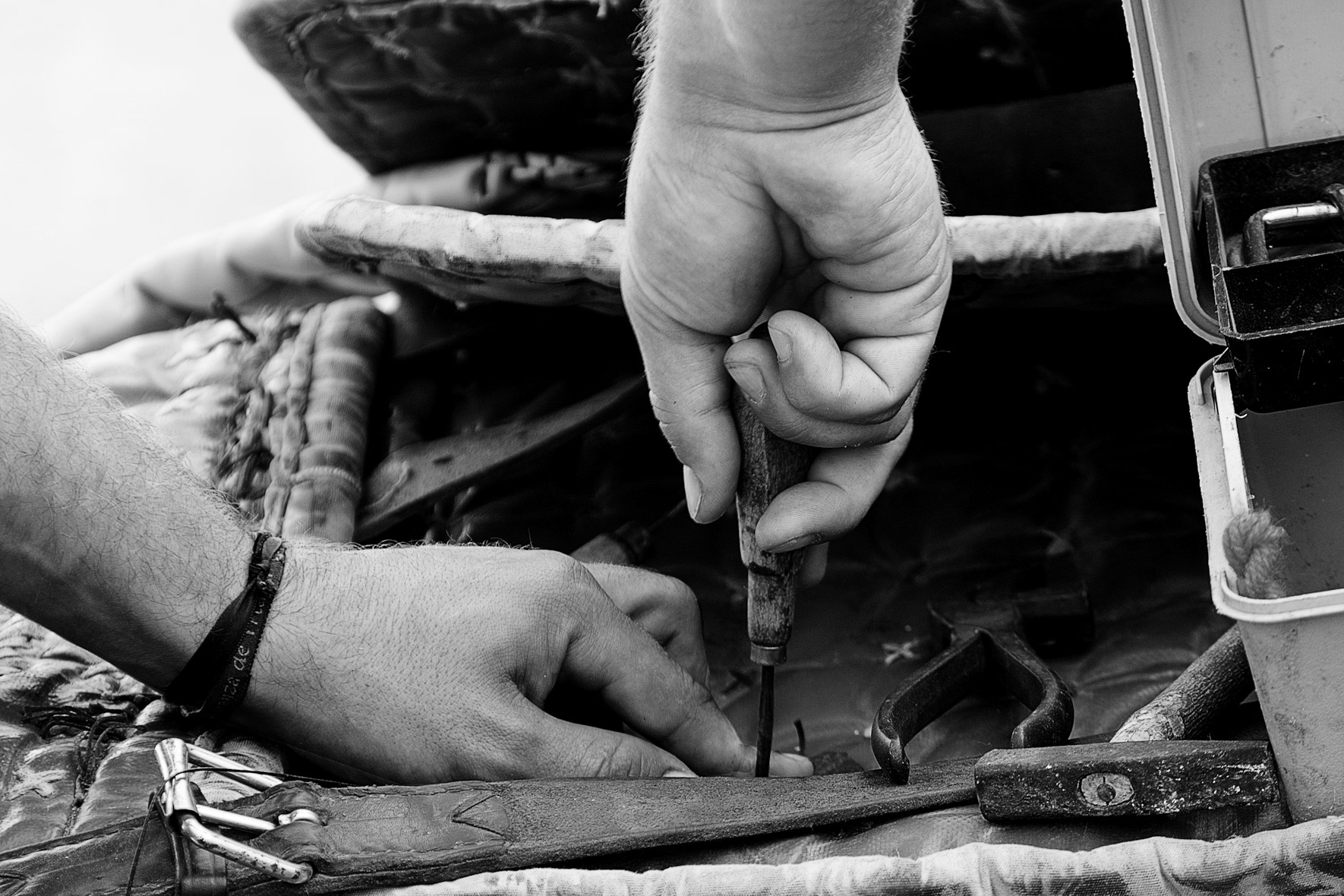The industrial activity of various sectors stimulates and facilitates consumption in certain aspects, but also threatens the sustainability of the planet. Therefore, more and more consumers are saying enough is enough and demanding commitment from companies to produce goods that are not harmful to people, animals, or the environment.
As a result, researchers from fields such as biology, technology, and fashion unite in a common goal: to find fabrics that revolutionize the production model of the leather industry towards more sustainable practices in the midst of a climate emergency. Textiles from bacteria or how fashion is cultivated in nature's way could be the sustainable miracle that the industry is hoping for.
Circular Company Polybion Circular Large-Scale Production of its Vegan Bioleather
Mexico-based company Polybion specializes in the development of new bio-based materials. Founded in 2015 by Bárbara González Rolón and Mexican brothers Axel Gómez-Ortigoza, current CEO of the company, and Alexis Gómez-Ortigosa, who in turn serves as CFO, Polybion is focused on the development of next-generation materials, manufactured from a biological base.
Polybion's first pilot factory, powered by solar energy and from which they have already begun to mass produce the first of their new biomaterials, fibers developed under Celium, a biomaterial obtained from cellulose. These are pioneering facilities, as they are the first biofactory in the world specialized in the manufacture of bacterial cellulose, and have the capacity to produce up to 1.1 million square feet per year -some 102,000 square meters- of this first state-of-the-art biological fabric called Celium, a maximum capacity that they expect to reach by the third quarter of the next fiscal year 2023.
At the cornerstone of its current business model in this initial stage, is Celium. It’s a fiber that is presented as only the first of a new series of new biomaterials that Polybion plans to develop, using as raw material organic waste from fruit from the agro-industrial sector, collected nearby. Going into the particularities of this new state-of-the-art vegan and organic fiber, Polybion describes Celium as a fabric capable of serving as an alternative to animal leather, with unique characteristics in terms of features and performance.
Particularities that, they assure, will make it the new material capable of setting new standards of reference, with applications in fields such as fashion, sportswear, or automotive. At the same time, it is a completely circular and sustainable fabric, obtained from the most abundant and versatile material on the face of the earth: cellulose.
SCOBY-compo: Alternative to "vegan leather" Based on PVC and PU by Riina O
For ethical reasons, some people opt for non-animal-derived products made from so-called "vegan leather", not knowing that it is only washed PVC and PU-based plastic, which is highly problematic and harmful to the environment. In the context of the climate emergency, the fashion industry must shift to more sustainable practices and focus on more organic, natural, and renewable resources.
As an alternative to PVC and PU-based "vegan leather," Riina O has developed a new material that uses bacterial cellulose waste generated by local kombucha drink producers, called SCOBY-compo.
Through rigorous and meticulous experimentation and the use of natural oils, waxes, and organic compounds, the material that Õun has developed is water-resistant, flexible, and strong. It has also improved the odor by using essential oils to develop a pleasant scent of its own. The result is a fully commercial, market-ready product that can be created in large quantities as a viable alternative for the fashion industry.
To demonstrate the viability of its material, Riina O has developed a collection of bags and purses that feature different manufacturing techniques, from traditional sewing to modular assembly and liquid molding. Working closely with local communities, their goal is to create a fully circular, closed-loop system where organic waste material can be collected, processed, sold, and eventually composted at the end of its life cycle and, instead of polluting the environment, nourishing it.
Le Qara: Peruvian Entrepreneurs Create Bio-leather Based on Living Micro-Organisms
Another case is that of the Peruvian firm Le Qara, which develops textile products based on vegan bio-leather. Engineer Jacqueline Cruz and biologist Isemar Cruz, founding sisters of Le Qara - not yet in Uruguay - are doing it. The eco-friendly leather they use in their garments is created from microorganisms that, once associated with a microbial consortium, allow a biomaterial to grow that responds to the leather's properties.
This innovation is derived from Peruvian flowers and exotic fruits and allows them to mimic the texture, color, thickness, and size of leather. The Peruvian entrepreneurs have designed 100% natural textile products based on biotechnology applied to fashion. Similar to leather, the materials are soft to the touch, biodegradable, and non-toxic, according to the startup's founder. As it is an innovative product in the national and international markets, Le Qara is working to obtain a worldwide patent.
The quality of the bio-leather was certified by a laboratory in San Francisco United States after a series of tests and after it was proven that it was possible to transform the bio-leather into different textures and colors with resistance to temperatures of 100ºC.
The production cost of this "vegan and eco-friendly bio-leather" is lower than that of cowhide because it is made from a microbial consortium (living organisms) that reproduces with each other and feeds on fruit or starch-rich plant residues from the Peruvian countryside.

